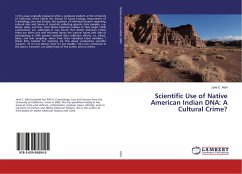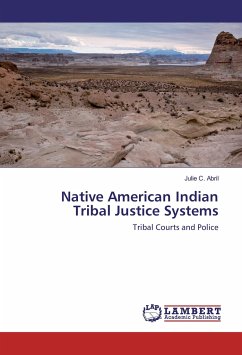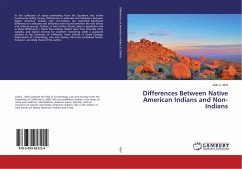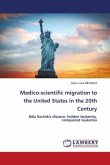In this essay originally prepared while a graduate student at the University of California, Irvine within the School of Social Ecology, Department of Criminology, Law and Society, the question of informed consent regarding cultural risks and harms of scientists collecting genetic data samples, e.g. blood, saliva, and hair, from Native American Indians to their larger tribal communities are addressed. It was found that Native American Indian tribes are often not well informed about the cultural harms and risks of participating in DNA genetic material data collection efforts, i.e. blood, saliva, and hair sampling, taken from their individual tribal members. I thank Kitty Calavita for teaching me this about conducting scientific research, "If it's not ethical, then it's not doable." All errors contained in this report, however, are solely those of the author and no others.
Bitte wählen Sie Ihr Anliegen aus.
Rechnungen
Retourenschein anfordern
Bestellstatus
Storno








